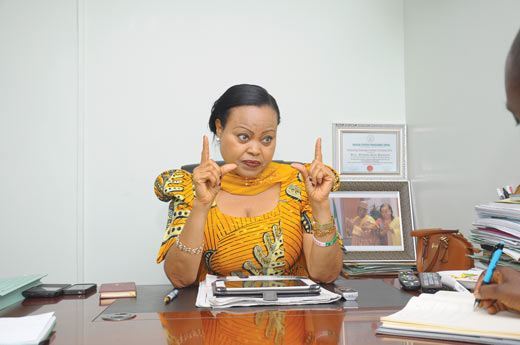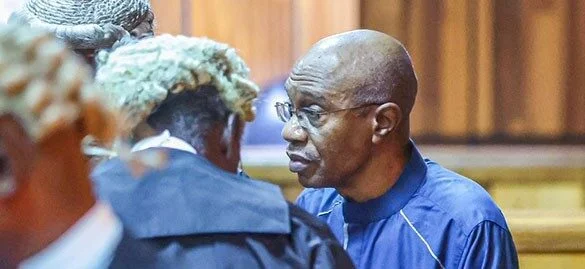The temporary relocation of people from their residences to their hometowns during a census is one of the major factors frustrating the exercise in Nigeria, a senior official of the National Population Commission (NPC) said on Monday.
Mrs Bimbola Salu-Hundeyin, a Federal Commissioner of the commission, called for the criminalisation of census migration to tackle the menace.
She made the proposal during an interview on Channels Television’s Sunrise Daily while giving an update on NPC’s preparedness to conduct a national population census next year.
“Another painful aspect why a census is almost not very accurate in Nigeria is census migration culture that we have, especially in Lagos State, and it hurts,” the NPC official stated during the breakfast show.
“Because Nigerians believe that ‘the more we are in my village, the more allocation we get from the Federal Government’; so, they move from Lagos where their children school, (where) they work in the banks, (where) they live, and move back to their states. This is very wrong; I think it should be criminalised.”
Sixteen years since the exercise was last conducted, Nigeria is scheduled to hold another national census, following the approval of the National Council of State.
The Council which met on Thursday last week agreed that the exercise should be conducted between March and April 2023.
According to Salu-Hundeyin who served as NPC Chairman between 2019 and 2020, efforts are ongoing to conduct the exercise without any glitches and to ensure every citizen is counted.
She briefed that the agency has divided the whole country into smaller units that can be captured by a pair of enumerators within a specific period.
The NPC official, however, stressed the need for the independence of the NPC like the Independent National Electoral Commission (INEC) and others, as well as for people to stay in their homes rather than travelling to their hometowns for the exercise.
“Even though the National Population Commission is one of the agencies designed and designated by the Constitution to be independent, I do not think we are totally independent because if you go to other parts of the Constitution, it says that when we conduct the census, it must be subject to the approval of the Council of State,” she said.
“We are appointed by the President; if what we do is subject to the Council of State, you understand what I am saying? Like INEC, when INEC conducts elections, you can go to court and if the court says it wasn’t proper, there is re-election. There is no provision for a recount of the census.”




